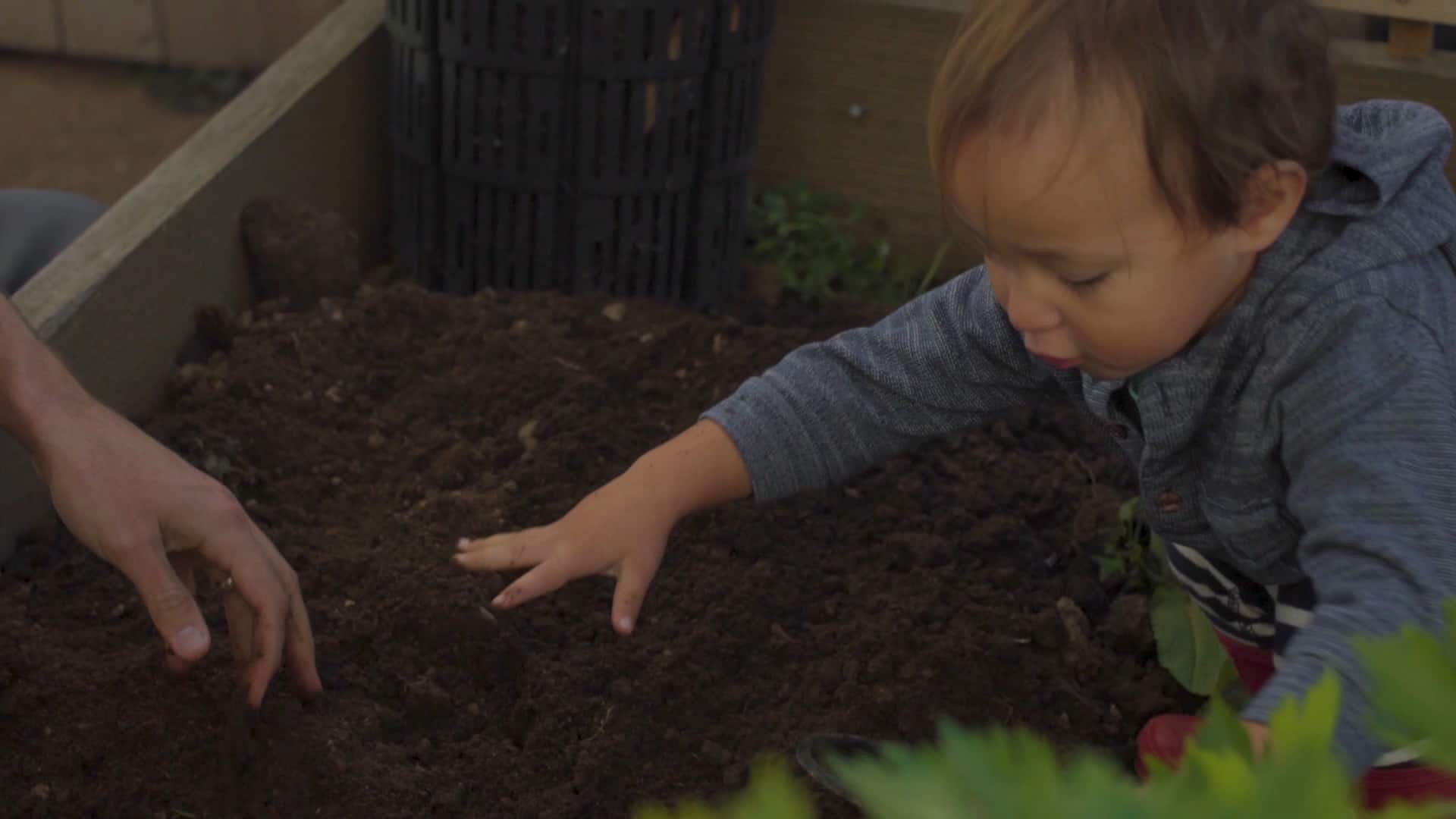
8 out of 30+ Organic Techniques in the Garden
You can start your organic garden by following these great techniques to enhance the healthy growth of your vegetables as well as to maximize the production. What are these great tips that you need to know?
Companion Planting
Companion planting deals with the love and hate relationship among the plants. They also have this kind of connection when it deals with the neighboring plants. This companion planting is the best way to ensure the healthy growth of the plants as well as to discourage any insect pests.
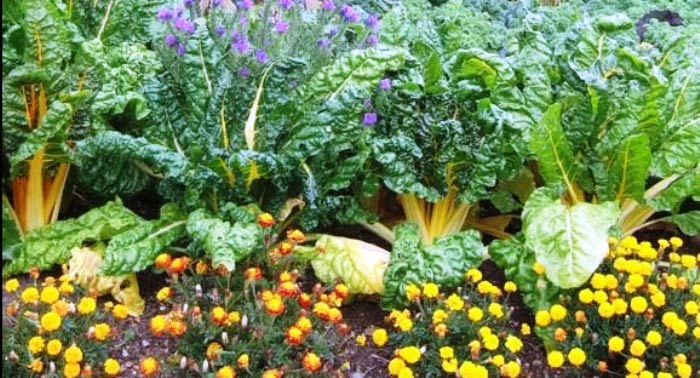
Start with Organic Pest Control
You can learn how to control your insect pests by using more organic substances or materials. Learn how to deal with it once you start your organic garden.
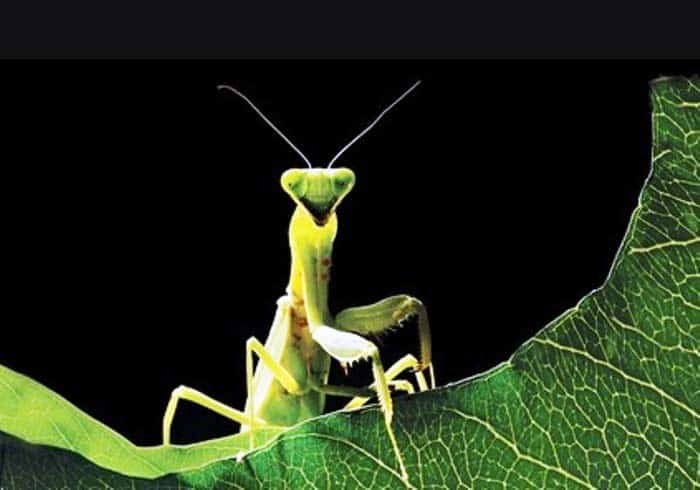
Fight the Garden Pests Naturally
Try to avoid using unnatural sprays to get rid of the insect pests. There are lots of natural ways to do it. You can learn how to make some
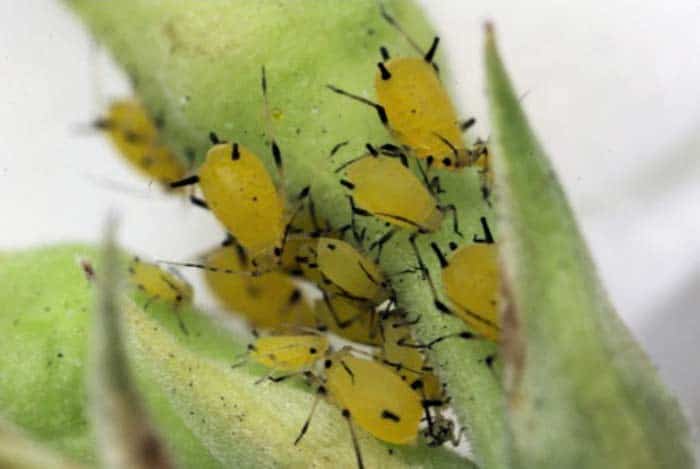
Herbs
You can grow some herbs in your garden to enhance the health and look of your garden. You can also use these herbs to improve the quality of your food. You can choose the suitable herbs which can be very useful to get rid of some insect pests from your garden. You can also make use of these herbs plants to protect your vegetables or flowers.
Besides being very effective to protect your vegetables or flowers, herbs are very useful as

Raised Beds
You can create your own raised beds as the planting media. In general,
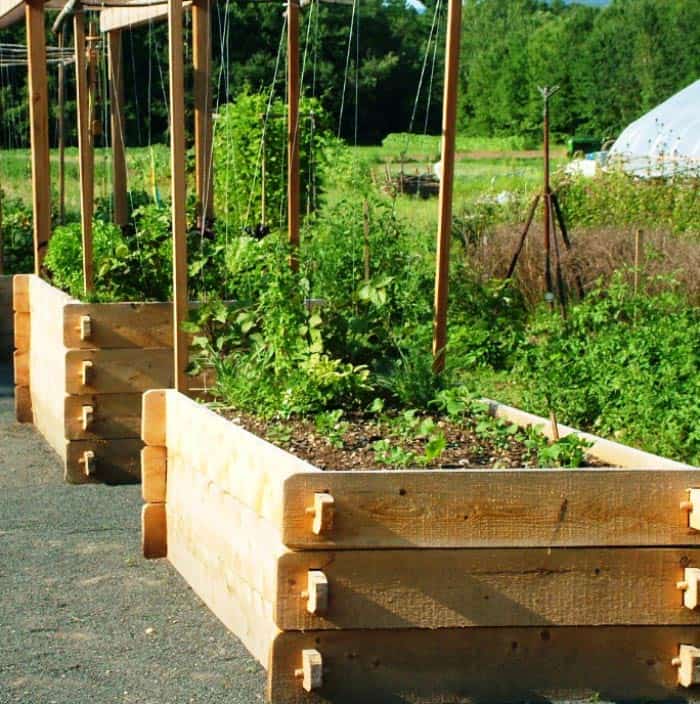
Make Organic Compost
You can make your own compost as it is very useful for your garden. Compost is very good in feeding the plants, helping the water conservation, cutting down the weeds, as well as keeping the food waste from the landfills.

Choose Suitable Plants
You need to determine the suitable plants or varieties that you can grow in your garden. In general, you need to choose the plants that can adjust very quickly to any soil quality, drainage, moisture, or light. If your plants are happy, they will become more resistant to any insect pests.
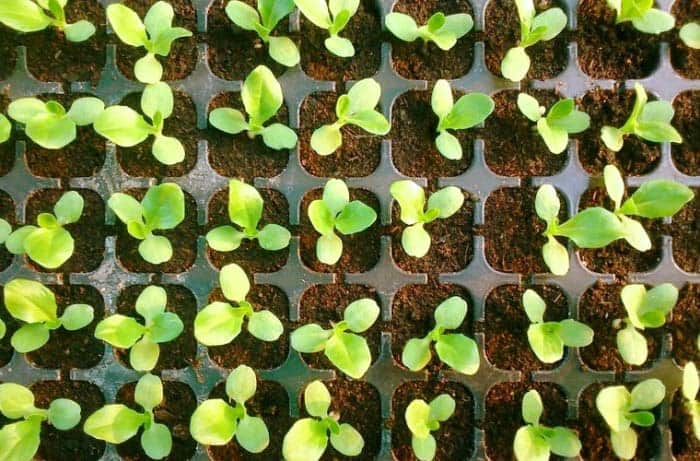
Plant Crops
If you want to plant the crops that you want to harvest
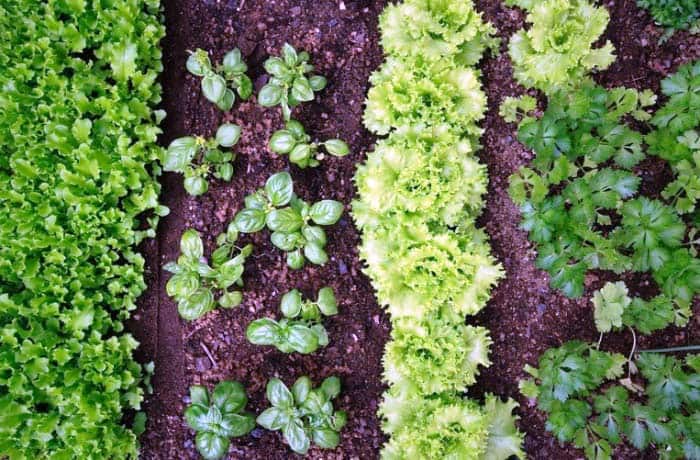

About the Author:
Gardening Steps is a gardening blog with an extensive number of articles written for home gardeners looking for gardening tips and ideas.
